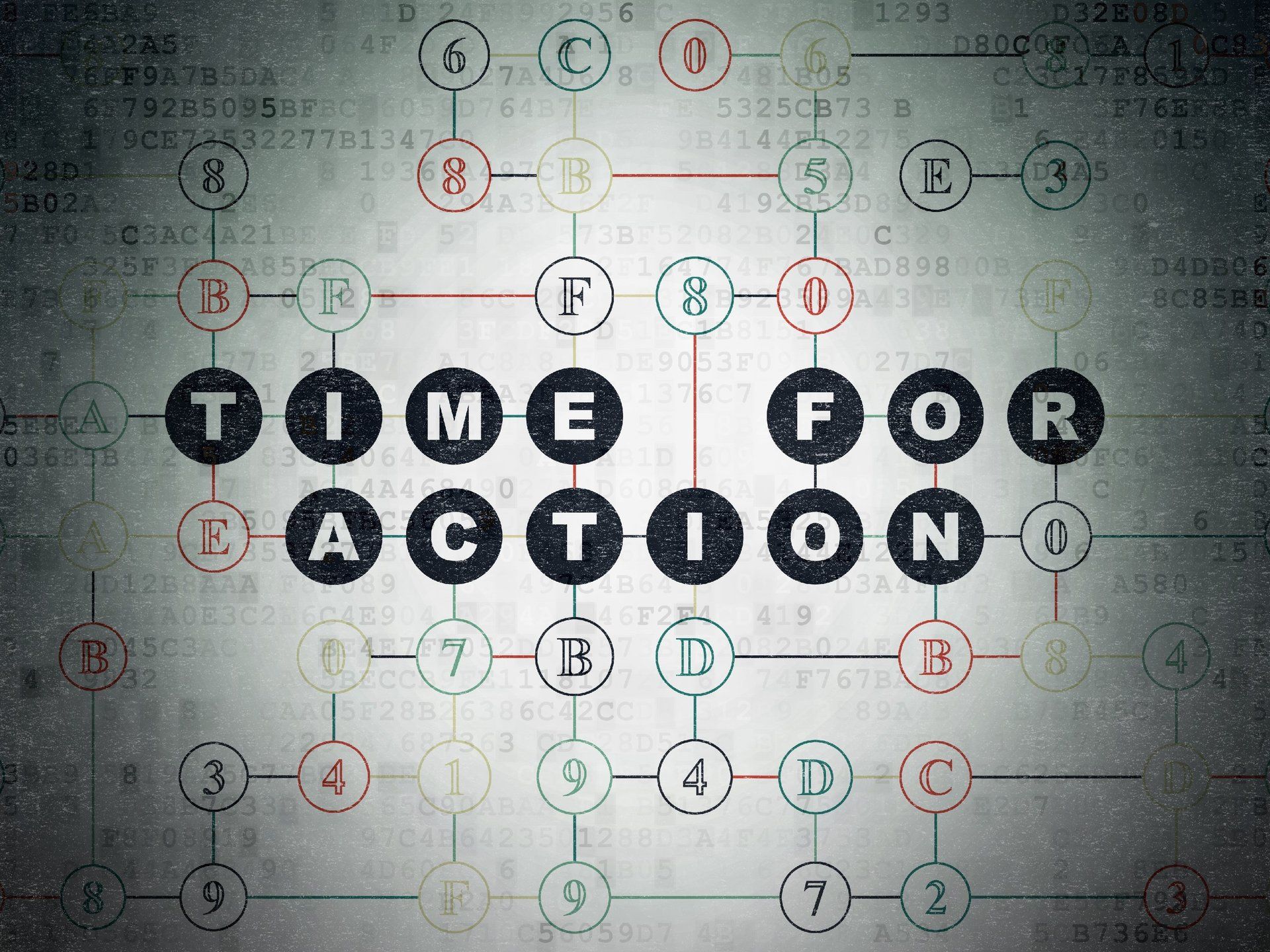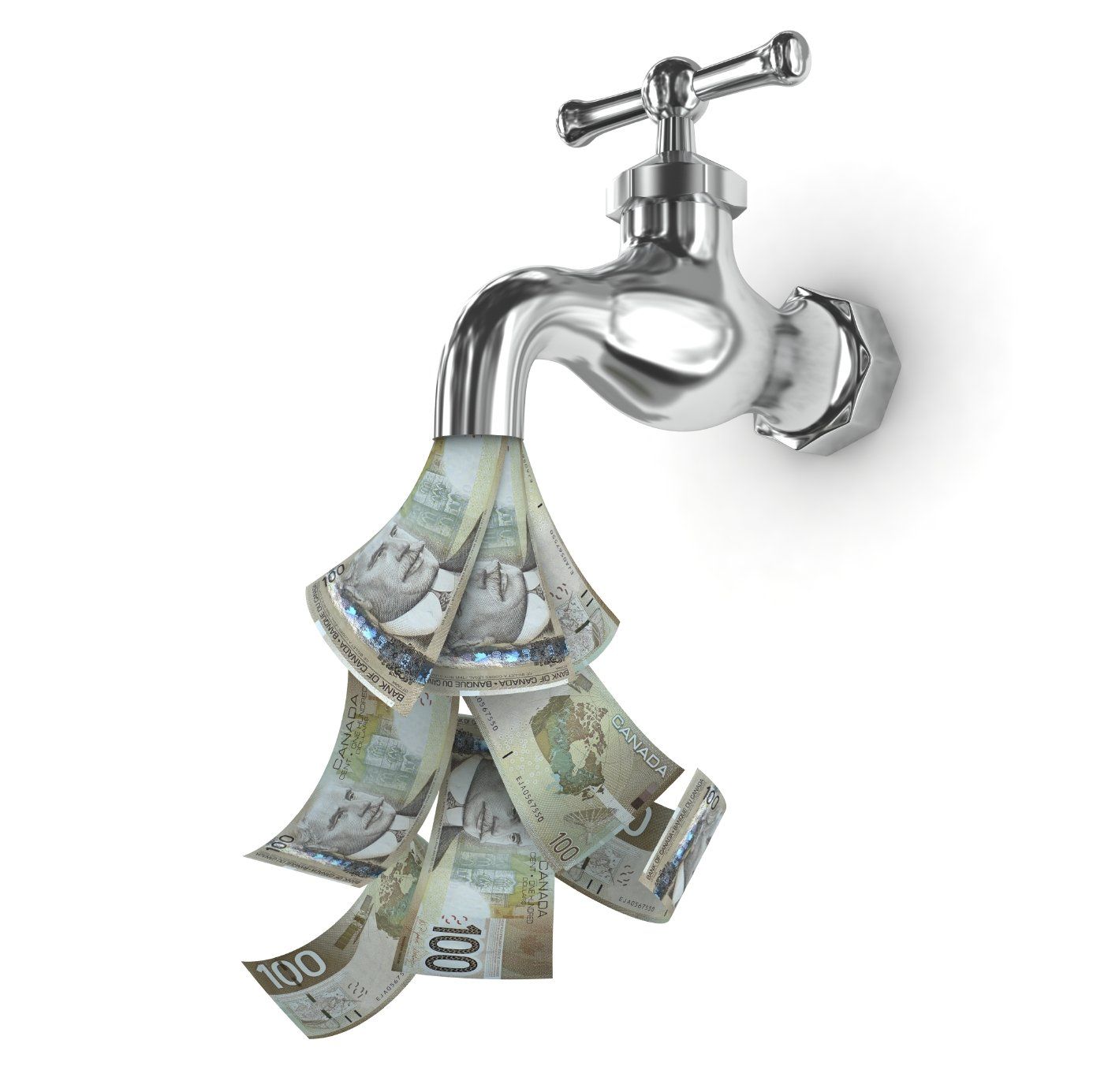Covid-19 – Planning for a Marathon
Amanda Lodge • 17 March 2020
The government keep saying nothing like this has been seen in a generation, but I think it is way longer than that and this is global. It is very likely that we are in for an extended period of war on this virus and that will undoubtedly leave financial struggle and stress stacked on top of mounting health concerns for ourselves and especially for our loved ones.
Despite a big announcement in the budget there are many small businesses that are set to suffer over the coming months as they manage to fall outside of any of the criteria for help, although these have literally just been widened.
The government has published the following: https://www.gov.uk/government/news/coronavirus-covid-19-guidance-for-employees-employers-and-businesses. Unfortunately, much of this information is sketchy so everyone will have to keep an eye out for updates. Remember to keep in touch with your local council as well as it is intended that some help will come via that route. At the moment it seems all aspects of government are geared toward helping the sick.
If you are an employer, then Statutory Sick Pay (SSP) can be claimed from day one of sickness if it related to Covid-19 and meets relevant conditions. The government is currently in the process of setting up a way of making claims under these new rules as current payroll software won’t work. Hopefully we will hear about that soon.
The self-employed will have quicker and easier access to benefits than in normal circumstances.
There is also assistance tied in with certain trades and with business rates, but not all businesses pay these rates.
With problems already setting in for some and serious concerns on the horizon business owners need to do as much as they can to keep their businesses in existence, even if that means some tough decisions. Here are some action points.
For many it will be scary, but it is important to look at how long the business can survive with reduced activity. Now more than ever is the time to stay on top of those numbers.
Look at your “burn” rate – the rate you are using any cash or loan facilities you have. What can you do to reduce that burn rate?
Cut costs wherever you can. Unfortunately, this may mean making staff redundant, or maybe they will agree to work shorter weeks for less money? Quick decisions can save businesses, so they exist to take on more staff when things improve. This will be a massive moral dilemma for many business owners, but you will not be alone.
Think of other costs that can be cut back, whilst asking staff to work from home may not cut the rent bill it does mean office electricity and tea bills go down! Try and get creative. Your staff themselves may have some good ideas.
Cut out any unnecessary spending – maybe the coffee machine needs to go on holiday?
Maximise the revenues you are getting.
Look at what you sell – are some things just not worth it? If you make a loss or a very poor margin on anything now is the time to work out why it is still on offer.
Can you change your business to adapt to the circumstances? Can you take it online for example? Or can you adapt what you offer to meet the needs of a population trapped at homes?
Other ideas I have already come across include using your assets for a different purpose, for example, if you find yourself unable to distribute your own goods but have a fleet of vehicles could you deliver for other businesses? Or if you run a catering company does your licence allow you to do takeaways? It is time to get creative and keep in touch with new needs that will no doubt arise as we “lock down”.
It is important to look at cash flow and identify any “crunch” points. Quarterly rent bills are often difficult. It is often better to speak to your creditors and negotiate revised terms before you miss a payment.
HMRC are being more flexible concerning tax bills. There is a dedicated helpline you can call to negotiate time to pay - 0800 0159 55. Remember to call before the tax is due. You will still be expected to pay the tax and will be asked how much you can pay and when.
Check your insurance policies, you may have cover for some loss of trade. The government has just clarified the situation and widened the scope for claiming, despite the fact that they have not ordered certain businesses to close.
Keep in touch with central and local government websites and be ready to act and claim any help on offer.
Take care if you do take out a government backed loan. It is a loan and will need to be repaid. Be especially careful if you are a sole trader or if you are asked to sign a personal guarantee for the loan.
Grants are not loans so if you qualify make sure you claim.
If you get in trouble, then seek advice. Continuing to trade, e.g. buying new stock when you know you cannot pay the supplier is called fraudulent trading and can lead to serious legal consequences that could damage your ability to set up and start again after this is over.
Look at your own personal spending, where can this be cut back?
Plan for the long haul. It is likely to be 18 months or 2 years before there is a vaccine for this virus, we are likely to see outbreaks for some time to come.
Above all keep in touch with others, friends, family and colleagues, I know it will be phone calls and Skype for many, but it will really help. I will keep this blog updated with links to relevant government guidance on a weekly basis.
I have also started a web page with links to useful information at https://www.amandalodgeandco.co.uk/resources/covid-19-links-to-helpful-websites

It has been quite some time since I have posted anything here. The Covid-19 pages of my website have had my attention instead. I thought I would focus on something that I have come across more than once in recent weeks and may be relevant to those of you who may be setting up your own businesses. It is common for a couple of friends to get together to form a partnership or company, or for one friend to buy into another’s company. They have usually been friends for a long time and are excited by their new venture. At this point no one likes to think about what happens if the relationship comes under strain or even breaks down. But let’s face it the pressures of running a business can be significant at times. The problem often lies in the fact that informal arrangements are set up on an equal, 50/50 basis which is fine as long as you agree with one another. When you stop agreeing you are left in a stalemate situation, often where each party has the authority to do what they like! All sorts of things can happen in life that affect a person’s ability to dedicate time and energy to a business or their decision making attitude or capacity. What if one person gets seriously ill for example? What happens if you cannot agree on something and one person sets up on their own in competition, taking many of the clients, the stock, etc? Unfortunately, it can happen, leaving someone having lost the benefit of years of financial investment and plain hard graft. The way to minimise this kind of risk is to have a shareholder or partnership agreement from the outset. This may set out such things as: how members or partners are to be paid how much profit is to be retained in the business as working capital how often management, board and/or shareholder meetings will be held whether certain transactions can only be entered into with the agreement of all involved, e.g. taking out a loan, buying property, starting legal proceedings etc. how the business should be split if you do agree to go separate ways. in what circumstances (such as death, or gross misconduct) compulsory purchase of shares can happen, and who will value the shares. These are just examples; the list will be unique to each business. These can be difficult agreements to put in place between long standing friends and hopefully most agreements will never need to be used in time of trouble, but they to help to create a business relationship, help you think about the business you are establishing or buying into and offer a legal framework if things do go wrong. They can also be re-visited and changed in the future if the need arises, so they are not set in stone. I do believe it is something worth thinking about.

If you have a new sole trade that you started in the tax year from 6 April 2019 to 5 April 2020 you will not be eligible for Covid-19 assistance from the government, but you could be due a refund of tax if your business has made a loss in the period to 5 April 2020. Not something the government has been publicising! There is a danger that you will be encouraged by our tax system and (if you are one of the many who’s business has suffered significantly due to Covid-19) a need to save money, to do your own tax return and use what is called the cash basis to prepare your accounts, it is much simpler than the alternative and may make sense for many. However, it does prevent you from claiming most of the loss reliefs that are available. So, it is worth thinking before you do so. If you were employed during the three years before you set up your business and paid tax on those earnings you may well be able to claim some of that tax back if your business has made a loss, but you will need to use accruals accounting and need the help of an accountant to make the right claim. In calculating the loss, you can even include the value of capital items, like vans and equipment as you will be able to claim what is known as capital allowances on such items. Last year I claimed about £2,300 back for a client – I did not charge him anywhere near that to do it, there is no point if there is no win for my client. What is more the tax that is returned is treated as income of the year any salary was earned in so it should have no effect on any current benefit claims (other than it will affect the level of your savings). The first accounts you get taxed on as a new sole trader are from when you started to 5 April 2020 – this is a rule for everyone, so your first tax return can be prepared and submitted now, meaning you get your tax back sooner rather than later. If you think these circumstances may apply to you why not arrange a free, no obligation video chat to see if I can help.

As it is the time of year when people are filling in their tax returns, I thought I would write about the impacts that child benefit claims can have and help stop you missing out on a valuable aspect of claiming. Some of you will be aware that if, as a couple one of you earns over £50,000 then the higher earner must pay back some child benefit if they or their partner has claimed it. This even applies if the children in question are not the higher earner’s children. If the higher earner is earning £60,000 or more all the benefit will have to be paid back to the government. This is one of the areas of tax where the term partner includes people who are not married or in a civil partnership, but who are living together as if they were. If one of you is lucky enough to be earning over £60,000 it is easy to think that simply not claiming child benefit solves a problem. After all it avoids the need to do a tax return. However, this may not be the best thing to do. If the “lower paid” partner is either not earning at all, or if their income is less than the lower NI thresholds (they are different depending upon whether they are employed or self-employed) then it is more sensible to claim. It is possible for the lower paid or unpaid partner to make a claim for child benefit and then ask for it to not be paid (only do this if one of you earns over £60,000). This means there is no requirement for a tax return and no money to return, but it does register the claim. The reason for this is that claiming child benefit for a child up to the age of 12 earns the person claiming a “national insurance credit”. Each of us needs to collect 35 full year credits (you can only get one a year) in order to qualify for a full state pension. Whilst the pension is not a huge amount of money it can be a significant help with pension planning. So, before you stop a child benefit claim, or decide not to claim for another reason, check that you are earning your credit for the tax year through your salary or by some other means – or you could lose out!







